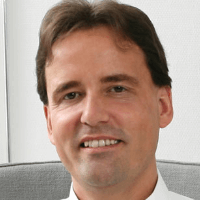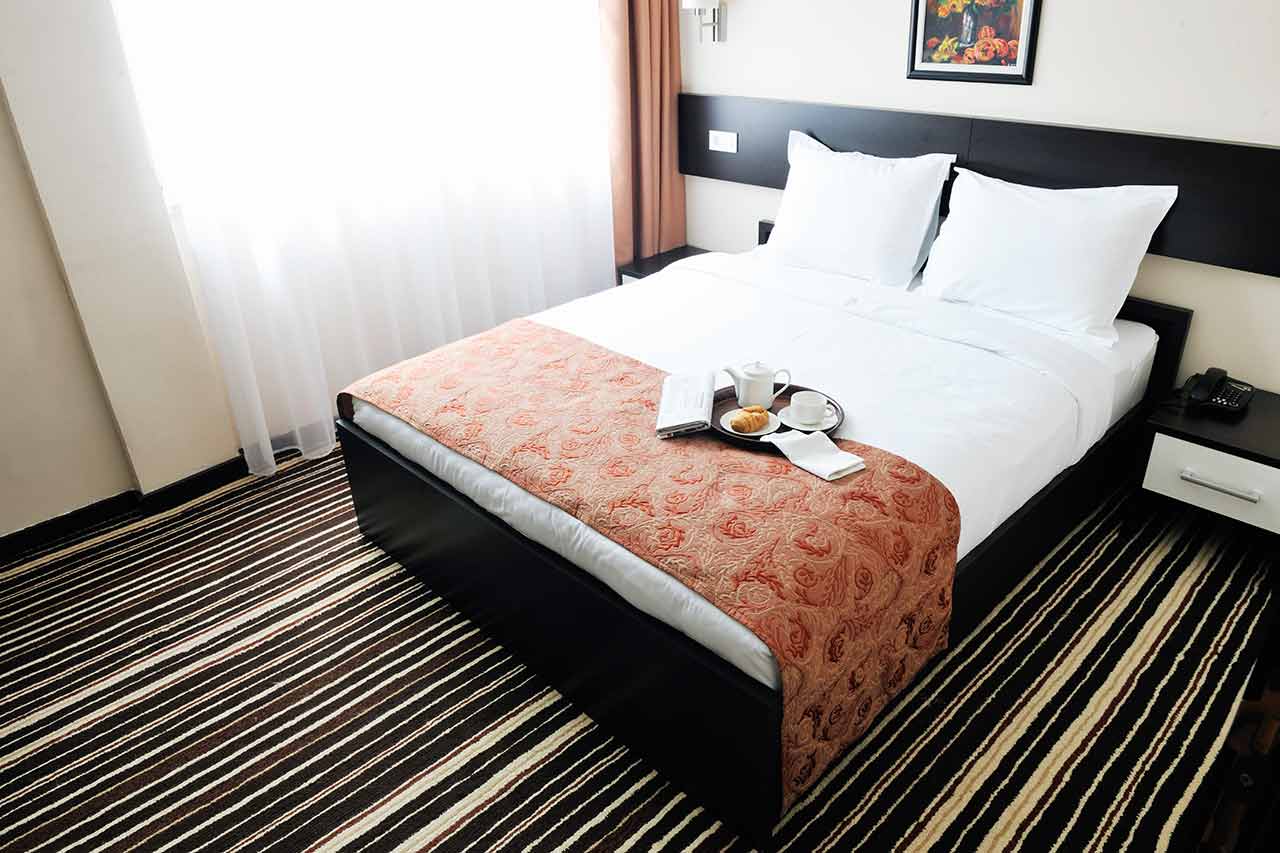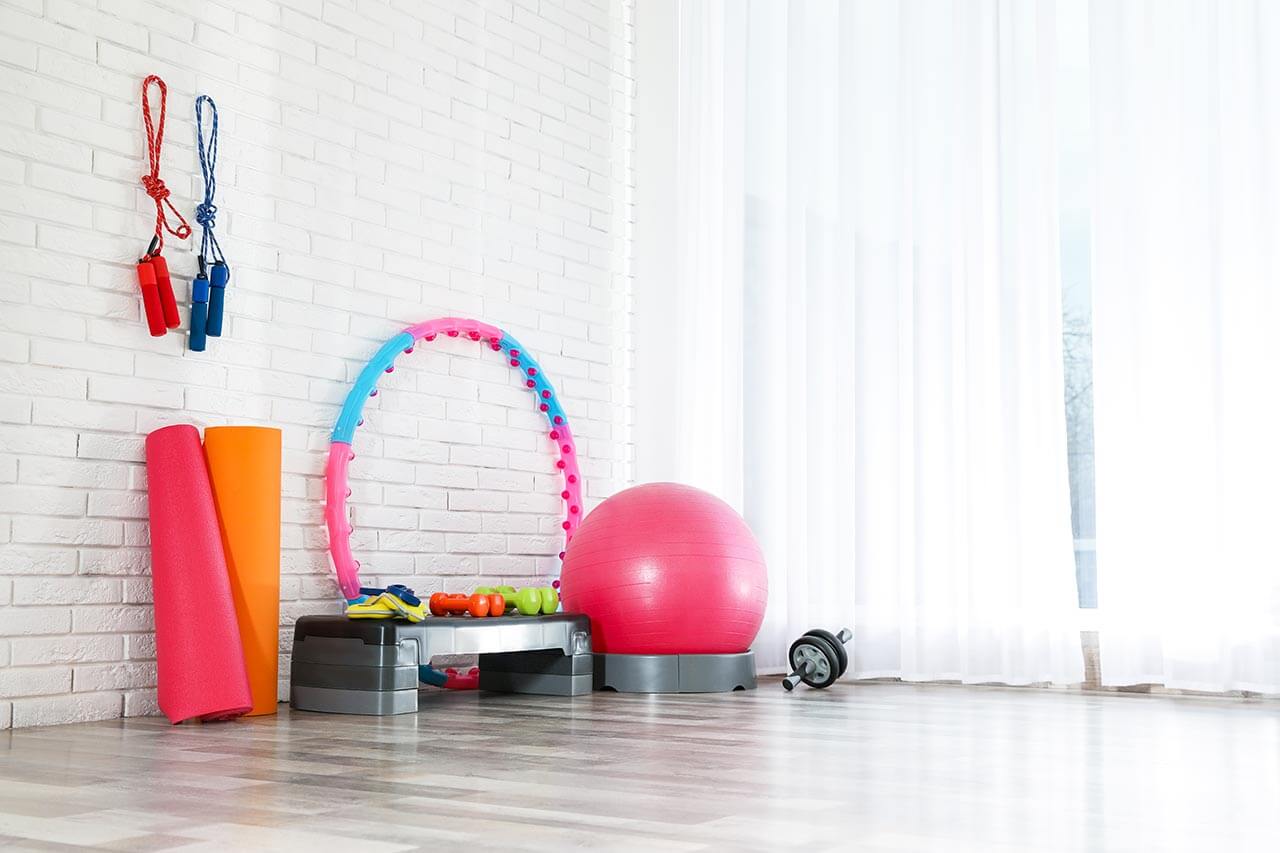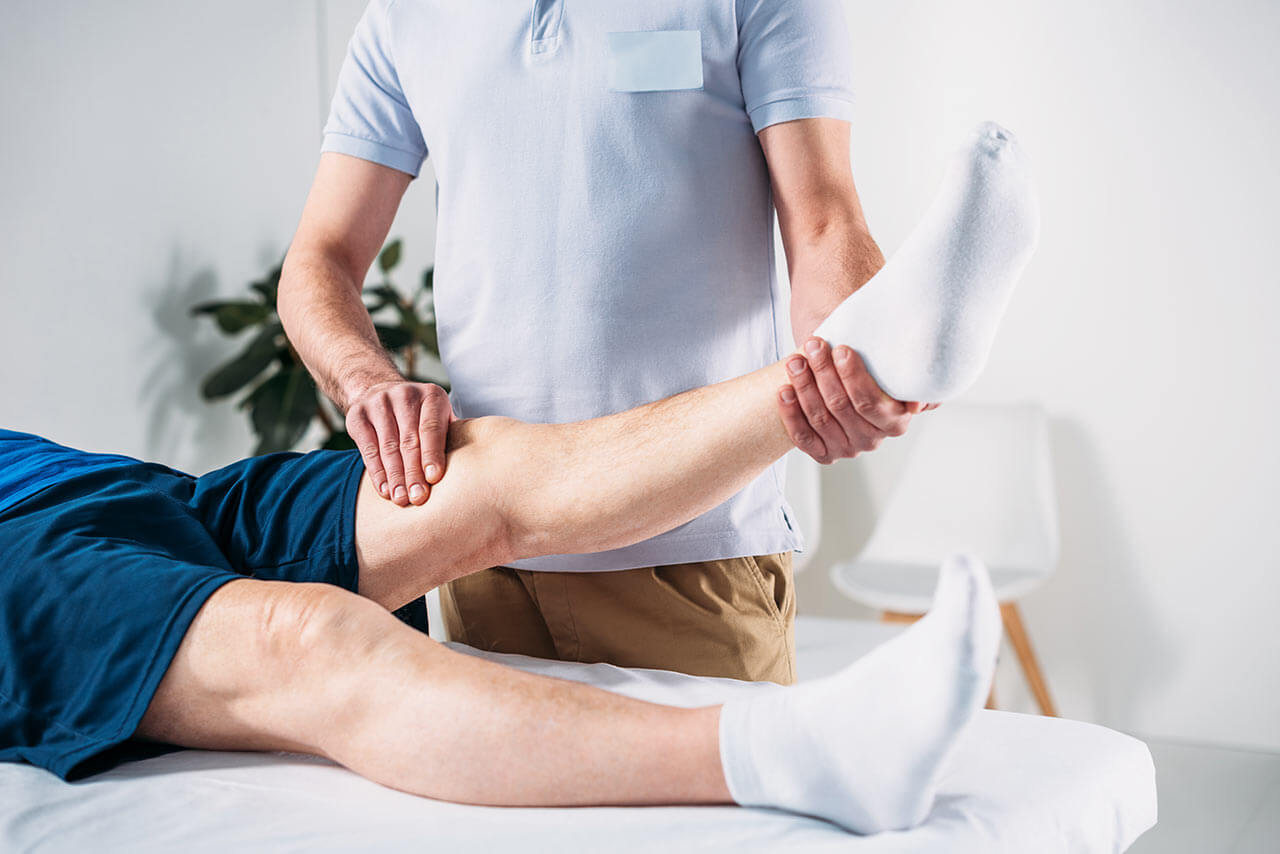
The program includes:
- Primary presentation in the clinic
- medical history, including family history
- complex neurological and orthopedic examinations
- CT / MRI / X-ray examination
- complex neurophysiological examinations
- individual rehabilitation program, which includes:
- Wii Fit training in the use of the balance
- neuropsychological therapy
- functional therapy of the upper extremities (ArmeoSpring)
- kinesitherapy (physiotherapy)
- biocontrol with feedback
- healing deep muscle massage
- acupuncture of spasticity and pain syndromes
- occupational therapy
- psycho-educational classes
- Individual physiotherapy
- microcurrent treatment
- fangotherapy / cryotherapy
- antispasmodic drug therapy
- mobilization of limb joints
- hydrotherapy / massage therapy / reflexology
- training on special trainers
- and etc.
- nurses care
- stay in the hospital with full board
- symptomatic and drug therapy
Service
You may also book:
 BookingHealth Price from:
BookingHealth Price from:
About the department
The Department of Orthopedic Rehabilitation at the MEDIAN Rehabilitation Clinic Hoppegarten offers the full range of modern therapies for the rehabilitation of patients after various injuries and diseases of the musculoskeletal system. The department's rehabilitation therapists most often deal with the treatment patients suffering from injuries and diseases of the spine, small and large joints, tendons, muscles and ligaments. The department often admits patients with chronic diseases, sports and occupational injuries, as well as injuries after road traffic accidents and those who need to restore mobility after spinal surgery, joint replacement surgery, etc. Depending on the severity of the clinical case, the treatment can be either inpatient or outpatient. The department has 245 beds for patient hospitalization. Each patient benefits from an individual rehabilitation program aimed at achieving maximum independence, reintegration into social and everyday life. Throughout the entire period of stay in the clinic, the patients are under close medical supervision and receive high-quality nursing care. The department is headed by Dr. med. Matthias Krause.
One of the most effective ways to improve mobility is properly selected physical activity. During the rehabilitation, many patients learn movements lost due to diseases and injuries almost from the very beginning. The main task of the specialists is to return the patient to his usual life by improving his physical endurance, training endurance to sedentary work, as well as improving concentration, reaction and coordination. The regular daily activities and the constant repetition of certain movements within the framework of occupational therapy have an especially important effect on the patient's rehabilitation process. The department's doctors encourage the initiative and involvement of relatives in the therapeutic process, since it is very important for a person undergoing rehabilitation to feel support from his close ones. Such an approach ensures a beneficial effect on the psychological state and the result of therapy.
The department quite often conducts rehabilitation for people of working age. It is important for them not only to restore mobility and self-care skills, but also to return to their professional life. An integral part of the rehabilitation treatment for such patients is medical profession-oriented rehabilitation. In most cases, to restore lost professional skills, the doctors use special computer programs or an imitation of a workplace at a table for patients whose specialty involves working in an office. All the therapeutic measures are individually coordinated with the patient based on the analysis of the load that a person experiences at the workplace during the work process. Such a therapy improves physical endurance in the workplace, tests and trains endurance for long periods of sedentary work, improves the ability to concentrate and react quickly, stabilizes and improves hand, eye and leg coordination, etc.
During the treatment, special attention is paid to the proper nutrition of patients, since injuries disrupt metabolism, which makes many patients less active and prone to obesity. A highly qualified nutritionist works individually with each patient. The specialist holds consultations on the appropriate nutrition and, if necessary, elaborates an optimal diet with due consideration of particular clinical indications. During the rehabilitation, many patients also adjust their lifestyle and eating habits, which has a beneficial effect on the state of the body as a whole.
The training on innovative professional exercise equipment also contributes to the successful rehabilitation outcome. Special attention should be given to the advanced Milon exercise machine, which is widely used in the department's clinical practice. Milon allows the person to significantly reduce training time without losing efficiency. The purpose of training on this exercise equipment is to build muscle mass in order to support the entire musculoskeletal system. While exercising, the computer system records all the health indicators of the patient's body, which allows the doctors to assess the effectiveness of training, adjust the intensity of the exercise and achieve the most effective result.
The department specializes in the rehabilitation of patients after the following musculoskeletal diseases and injuries:
- Conditions after surgery on the intervertebral discs, bones and joints, including after arthroplasty, amputation, musculoskeletal injuries
- Conditions after major spinal surgery
- Conditions after surgery for rheumatic diseases
- Congenital and acquired deformities of the musculoskeletal system
- Functional disorders of the musculoskeletal system
- Herniated discs
- Degenerative diseases of the spine and joints
- Osteoporosis
- Psoriasis affecting joints
- Pain in the spine and other parts of the musculoskeletal system
- Other diseases, injuries and pathological conditions
The range of the department's diagnostic and therapeutic services includes:
- Diagnostic tests
- X-ray examinations, including functional diagnostics of musculoskeletal system
- Isokinetic muscle testing
- Ultrasound scanning
- Doppler ultrasonography
- Color duplex sonography
- Electrocardiography
- Ergometry
- Rehabilitation methods
- Therapeutic exercises
- Physiotherapy
- Biofeedback
- Vertical spinal traction on a special table
- Relaxation techniques
- Manual therapy
- Water aerobics
- Swimming
- Muscle building workouts
- Ergometer and treadmill training
- Training on the Milon professional rehabilitation machine
- Ergotherapy
- Sports therapy
- Vojta therapy
- Electrical muscle stimulation
- Therapeutic massage
- Manual lymphatic drainage massage
- Hydro-jet massage
- Electromyostimulation
- Electrotherapy
- Hydrotherapy
- Thermotherapy
- Pain therapy, including acupuncture and neural therapy
- Other medical services
Photo of the doctor: (c) MEDIAN Klinik Hoppegarten
About hospital
The MEDIAN Rehabilitation Clinic Hoppegarten is a modern rehabilitation center, which for many years has been a leading provider of high quality rehabilitation services for patients after diseases and injuries of the musculoskeletal system, including spinal diseases, rheumatic diseases and injuries caused by accidents. The clinic was opened on March 18, 1994, so it has an extensive and unique experience in the field of rehabilitation medicine. The rehabilitation center is part of the MEDIAN Kliniken Group with about 120 medical centers throughout the country. It is one of the largest networks of German clinics. Thanks to the advanced infrastructure, professional rehabilitation equipment of the clinic and the excellent competence of rehabilitation therapists, even patients with especially complex clinical cases have a chance to restore mobility, work capacity and live a full life.
The rehabilitation treatment can be provided both on an inpatient and outpatient basis. To achieve the best rehabilitation results, the specialists of the clinic develop an individual program for each patient based on his medical history and diagnostic data obtained during a comprehensive clinical examination upon admission to the clinic. The primary task of the rehabilitation therapists is to restore the patient's mobility and eliminate pain. The next step is the restoration of self-care skills for the patient to be as independent as possible from outside help in everyday life. When providing rehabilitation treatment to young patients, key attention is also paid to the patient's reintegration into his professional life. The clinic uses a special set of tests for the assessment of the patient's potential in order to restore his work capacity. With satisfactory indicators, the rehabilitation therapists conduct medical profession-oriented rehabilitation, during which the patient has to perform certain actions at a work desk with an imitation of a workplace in an office or sitting at a computer screen, for example, the patients with such professions as a driver of construction machines, warehouse worker or car driver restore their professional skills using special computer programs.
The rehabilitation treatment involves the use of both classical therapies, such as therapeutic exercises, physiotherapy, massage, manual therapy, hydrotherapy, as well as the most advanced therapeutic techniques based on the use of computer systems and high-tech exercise equipment for training balance, gait and walking. All the rehabilitation procedures are performed under the responsive supervision of the clinic's highly qualified medical staff. Depending on the patient's progress, the specialists can increase or decrease the intensity of the exercises, adjust the treatment plan and training frequency. In addition, both doctors and nursing staff pay great attention to a pleasant and friendly atmosphere in the clinic, show understanding and humanity towards patients, take into account their needs and wishes. Such an approach creates a favorable climate in the rehabilitation center and contributes to the maximum comfort of patients during their treatment.
Photo: (с) depositphotos
Accommodation in hospital
Patients rooms
The patients of the MEDIAN Rehabilitation Clinic Hoppegarten live in comfortable single rooms with a modern design. Each patient room has an ensuite bathroom with shower and toilet. Many patient rooms are specially equipped to meet the needs of disabled people. The standard room furnishings include an automatically adjustable bed, a bedside table, a wardrobe, a table and a chair for receiving visitors, a telephone and a TV. The patient rooms also have Wi-Fi. It is worth noting that the clinic has 5 rooms with special beds for obese patients weighing up to 180 kg.
If desired, the patients can live in the enhanced-comfort rooms. They are additionally equipped with upholstered furniture, a mini fridge and a safe for storing valuables.
Meals and Menus
The patient and the accompanying person are offered tasty and balanced three meals a day. The patients have a daily choice of three menus for lunch, as well as buffet breakfast and dinner. If for some reason you do not eat all foods, you will be offered an individual menu. Please inform the medical staff about your food preferences prior to treatment.
Further details
Standard rooms include:
Religion
The religious services are available upon request.
Accompanying person
During the inpatient program, the accompanying person can live with the patient in a patient room or a hotel of his choice. Our managers will help you choose the most suitable option.
Hotel
During an outpatient program, the patient can stay at the hotel of his choice. Our managers will help you choose the most suitable option.




